Not many people can say they’ve cycled 11,000 kilometres, stopping only to sleep. Less so solo, from London to Tehran. Now factor in that Rebecca Lowe, who made this journey in 2015 is, in her words, “Not a cyclist. I am at a push, someone who cycles”.
Lowe chronicled this journey in her entertaining, educational and adventurous book, The Slow Road To Tehran, published in early 2022.
As part of our ongoing series of interviews with contemporary female writers, Katie Silcox speaks to Rebecca Lowe about her debut novel; delving into her motivations for both the physical and literacy journey, learning more about the countries and cultures she visited, and discussing her stand out moments.
Let us start with the obvious question: what made you decide to cycle the 11,000 kilometres from your home in London to Tehran?
There were two reasons: the personal and the professional. Personally, I had been hankering to do a big adventure for a long time, and I knew it could only be done before my partner and I settled down and started a family. Professionally, I had been working for several years as the International Bar Association’s in-house journalist, writing on issues concerning human rights and the rule of law, and during that time – particularly after the 2011 Arab Spring – I had developed a fascination with the Middle East. Alongside this was a deepening frustration with the skewed and simplistic way I felt the region was often represented in the Western media. This area of the world was, in my mind, all too frequently reduced to a series of incendiary bullet-points which failed to take into account its diversity, beauty, and deeply rooted connections to our own history, politics, and culture.
In 2015, I quit my job to turn freelance and specialise in the Middle East. And what better way to kick off my freelancing career, I thought, than cycling through the region and picking up a few interesting stories along the way? (At least, this is how I justified the trip to my mother.) Cycling felt like the best way to travel – more efficient than walking but more immersive than motorised transport – and a wonderful way to see all the ‘in between’ parts of a country: the uncharted cracks where normal life takes place and the gridlines fall away. Plus, and perhaps most importantly, it meant that I could eat a ridiculous number of kebabs (my obsession) and still finish up toned at the end.
Why Tehran as the end point?
I had been desperate to visit Iran for some time, as it was the country that seemed most at odds with its image in the Western press. Since 1979, Iran has been vilified as a belligerent backwater, deeply conservative in outlook and hostile towards Europe and the US. But this is true only of the regime, not the Iranian people themselves. Iran is, in fact, one of the most progressive, politically aware countries in the Middle East, with strong historical and cultural links to the West, and the majority of the population are firmly opposed to Ayatollah Khamenei – as we are seeing with the ongoing protests today. One of the main drivers for my journey was to explore connections between the West and the Middle East, including our complicity in the political unrest and instability we see across the region today. Tehran to me seemed the obvious finish line.
Have you always wanted to write a book?
Yes! Since I was a very young girl, in fact. Sadly, my first book, Becky’s Book of Funny Poems, written aged ‘7¾’, wasn’t quite the publishing sensation I’d hoped for, and subsequent attempts over the years weren’t much better. But the truth is, until I started writing about the Middle East, I never really felt excited or passionate enough about the subject matter, it all felt a little too forced. Now, however, I feel I could quite happily go on writing about the region forever, in all its confounding, excruciating complexity. It’s a place I know I’ll never truly understand, so there will always be more mysteries to uncover.
En route in Iran
Did you know you’d write a book about the experience as you were travelling, or when did the idea start to formulate?
Despite my answer above, this wasn’t something I gave serious consideration to beforehand. Instead, my main aim was to gather material for articles and use the trip as a platform to launch my freelance career. A few months after I returned, however, I was approached by an agent who asked if I’d considered writing a book about the journey – and, although this wasn’t the agent I ultimately signed with, her suggestion planted a seed. In retrospect, I wish I had undertaken the trip with a book in mind, as it would have provided some focus and made the writing process far easier! Instead, I had to dig my way through twelve months of diaries, blogs, articles, emails and photos, and undertake considerable background research, to decipher the narrative thread and work out exactly what the book would be about.
The book achieves a wonderful balance between personal experiences, education about countries and cultures, and many funny moments. If we didn’t know you’d made the journey, it could read as a fiction book. How did you achieve this during the writing process?
I’m very happy to hear that! I’m not sure how it was achieved, in truth, other than by a long, hard slog. The book took nearly three years to write, not including the original proposal, and at the start I wasn’t entirely sure what the core narrative should be. To find it, I poured hundreds of thousands of words out onto the page, a little like tipping out a bucket of sand, then started moulding, sculpting and hacking it into shape. It was a tough process, to be absolutely honest, and I came close to giving up on many occasions. But the Ranulph Fiennes mantra that had served me so well at difficult moments in the saddle helped me through: ‘just keep plodding’.
Each chapter of the book marks a new country or location of your journey (Europe and then Turkey, Lebanon, Jordan, Egypt, Sudan, the UAE and Oman, and Iran). Which was the hardest to write about?
That’s a difficult question, as all were challenging in different ways. But Egypt, Sudan and Iran perhaps felt the most ambitious due to their size, their political and cultural complexity, and the weight of history that underpins each of them. My aim with The Slow Road to Tehran was to contextualise each place and show how it has developed over time, and all three had thriving, powerful empires thousands of years ago that helped forge their sense of identity today. They have all also experienced the devastating impact of Western interference over the past two centuries, the consequences of which I felt – as a privileged Western traveller, carrying the weight of history with me – it was important to highlight in the book. Tying all this together in a succinct and accessible way wasn’t easy, and I still sometimes break out in cold sweats when I think back to those long days at the keyboard trying desperately to make sense of it all.
And which was the easiest?
The UAE. Mainly because I was only there for a day or so, before jumping on the ferry to Iran. A blissfully brief stopover.
Tell us one of your favourite moments of the trip.
Entering Sudan after the crazed maelstrom of Egypt. Suddenly, after a month running the gauntlet down the Nile, surrounded by a frenzy of tuk-tuks and livestock, catcalls and chaos, stenches and shrieks, I emerged into the serene, vast emptiness of the Sahara Desert. I spent the first night in a roadside hut, lying on an angareeb (string bed) beneath an eruption of stars that blazed in their billions and powdered the sky like icing sugar. Cupping my hands like blinkers, I recall staring up at them for hours, imagining I was floating in space. The beauty of that moment was indescribable.
Another moment occurred in Bosnia, when I camped in some scrubland behind a half-built church and was rudely awakened at 6am by two textbook serial killers wielding a chainsaw and electric drill. Terrified, I instinctively grabbed my penknife and stood braced for combat – but they weren’t there to murder me at all, it turned out, but were instead bringing me breakfast: a cigarette, two biscuits and a bottle of fearsome homebrewed rakija that tasted like pure gasoline. After one swig, I lost all feeling in my extremities, gained the momentary ability to speak fluent Bosnian, and felt the knot of angst curdling in my gut disappear. Regular low-level drinking was a great way to manage my simmering anxiety at being all alone on the road, I realised, and after that I began carrying around an emergency thermos of hard liquor as a matter of course.
The book explains some perhaps complex histories and politics of various regions, yet feels accessible to the reader no matter how much, or how little, previous knowledge they have on the situation. Was this difficult to achieve?
Again, I’m really delighted to hear that. One of my key aims with the book was to ensure it was accessible to people with very little knowledge of the Middle East. I didn’t just want to be preaching to the converted; I wanted it to appeal to a broad range of readers. So I tried to keep the tone as engaging as possible and balance sections of history and politics with lighter anecdotes – a story about a phantom crocodile, perhaps, or a reference to my ever-more-magnificent thighs. If I was even halfway successful with this, then I’m very happy.
How did you find the writing process overall?
Gruelling.
Aside from a few instances, one theme that stands out is the kindness of many strangers that you met along the way. You deduce that people of a country can be separated from the politics of a country. Explain what you mean.
There is a tendency in the West to see political leaders as a kind of shorthand for the culture or character of the countries they rule over. But in authoritarian states, there is often a strong disconnect between the ruling elite and the population at large. What I find interesting is that many of the locals I met on my journey seemed better than we are at drawing a distinction between the state as a political entity and the people who live and function within that state – perhaps precisely because they feel little connection to, or accountability for, their own leaders, and therefore judge us by the same standards. I lost count of the number of my hosts who voiced an admiration for British people and culture, while condemning our politics and imperial legacy in the same breath. We could learn a lot from them, I feel.
Nubian Rest House, Karima, Sudan
After wild camping and staying in host houses, you found yourself in the boutique hotel, Nubian Rest House in Karima, Sudan. How did it feel checking into a beautiful hotel after many nights wild camping?
Incredible. This stopover came shortly after a bad experience in the desert, when I ran out of water and collapsed from dehydration on the outskirts of a Nubian village, and I was desperately in need of a proper rest. Rooms cost a fortune there, so it was extraordinarily generous of them to allow me to stay for free. Admittedly, the shocking incongruity of that plush Italian-owned idyll with the barren, impoverished world outside its walls did feel a little discomforting – highlighting, as it did, my innate privilege as a fellow white European and the contrived nature of my hobo status. But not quite enough for me to turn it down.
You part-wrote this with a new baby. How did you balance everything?
Finishing the book with a newborn was, without a doubt, the biggest challenge of my life. Far harder than cycling to Iran, and far less forgiving on the body. It’s all something of a blur now, but I generally tried to work when my daughter was asleep, which was usually between 4am and 7am, and again from 12pm to 3pm, when she would curl up in the sling on my chest. It was a tiring time, and having a baby during the closing stages of writing a book is not something I’d recommend to anyone! Yet I can testify that there are few things better at focusing the mind than an imminently wakeful, hungry baby – so without her, it’s possible the book may never have seen the light of day at all.
Did you have a routine to help you write?
Yes. I’m someone who tends to swing from extreme to extreme – either hyper-organised or utterly chaotic – so I was extremely regimented with my routine. Pre-baby, I worked six days a week from 8am to 4pm, and I then tutored each weekday evening to pay the bills. I did this assiduously for three years, only taking off the odd day here and there for Christmas, Easter etc. Looking back, I’m amazed I still have any friends.
Have you received any writing advice that you’d pass onto others?
If you’re holding onto something too strongly, consider letting it go. It’s probably not as good as you think. Also, read everything aloud to get a sense of the rhythm of the writing and work out what jars. Ditch half your adverbs, then most of the other half too. And, unless you’re in a particularly masochistic frame of mind, don’t try writing a book about the history of the Middle East.
Any other books in the pipeline?
Not yet: the pain of the last one is still a little raw. However, like childbirth, it already seems to be fading. So watch this space…
A few practical questions
As something that hasn’t been done before, did you have concerns before setting off?
Lots! Not so much about the countries I would be passing through, which I knew to be warm, hospitable places with low crime rates and wonderfully irresistible food. But I was very worried about my own ability to make it through intact. I wasn’t an experienced cyclist – I was barely a cyclist at all, really, beyond commuting to work each day – and I had managed to complete zero hours of training before I left. I had never done a cycle tour before, or cycled with panniers, or even ridden this particular bike (which had been kindly donated by Kona and arrived the day before I was due to leave, fresh off the production line). The first few days were therefore spent mainly learning how to steer, as I veered into traffic and trees and small children, and I came very close to turning around in Croydon. How I eventually made it to Tehran, I still have no idea.
Did your family and friends have concerns?
Absolutely. Particularly my mother, who sent me a long email shortly before I left just to clarify her feelings in case there had been any ambiguity on the matter. ‘You can’t imagine how devastated I feel…’ it began, before going on to enumerate all the potential hazards I should remain vigilant about on the way. The words ‘dangerous’, ‘awful’, ‘hostile’, ‘foolish’, ‘reckless’, ‘dangerous’ (again), ‘juvenile’, ‘terrible worry’, ‘risking life and limb’, ‘robbed’ and ‘family disintegrating’ were all used to persuasive effect – some more than once – alongside a restrained smattering of about a dozen or so exclamation marks. She concluded the message: ‘I think I shall have to hit the bottle or go mad – I’ll start with the first option.’
Would you do anything like this again?
Nothing quite so lengthy and self-indulgent, sadly, as I think my partner, Patrick, would leave me. But I certainly intend to do regular trips and projects in the Middle East, particularly in areas that I feel are misunderstood or misrepresented in the West.
Quick Fire
The last book you read.
Great Circle by Maggie Shipstead.
The next book on your reading list.
Netherland by Joseph O’Neill.
Your perfect writing spot.
Anywhere with a view. I find it almost impossible to write without one.
An author that you think everyone should read.
Jonathan Raban.
You favourite place to read.
Curled up in a cosy window overlooking the sea.
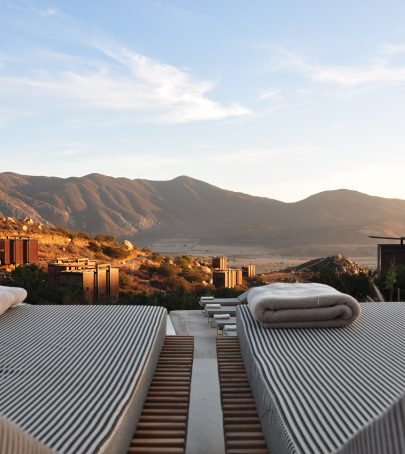
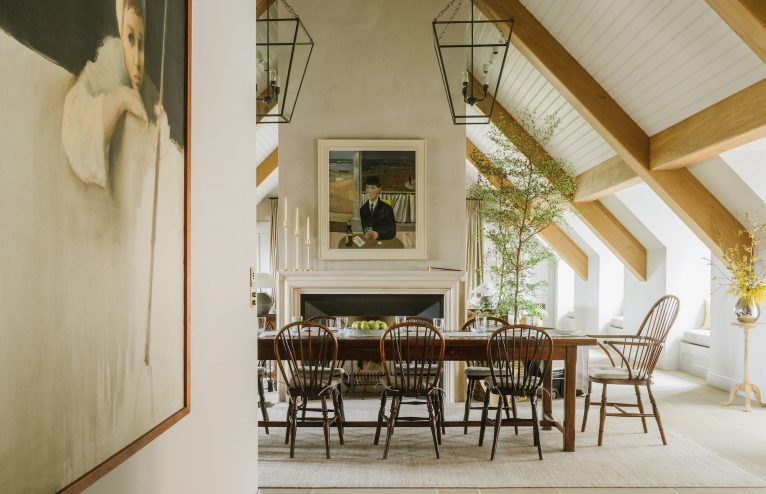
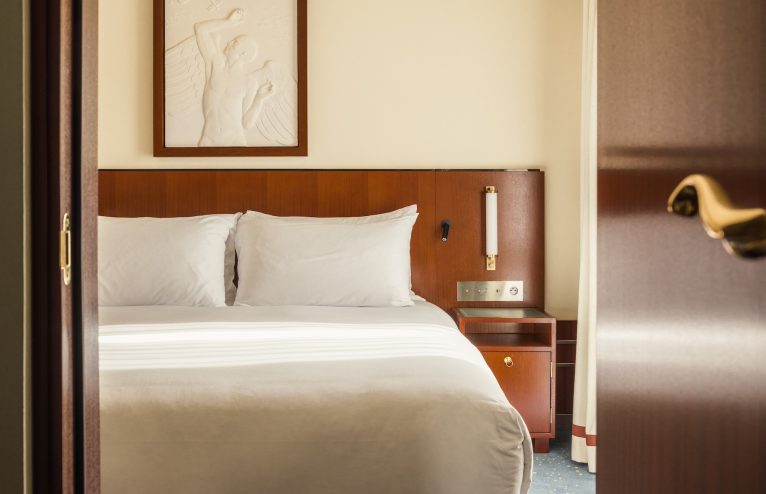
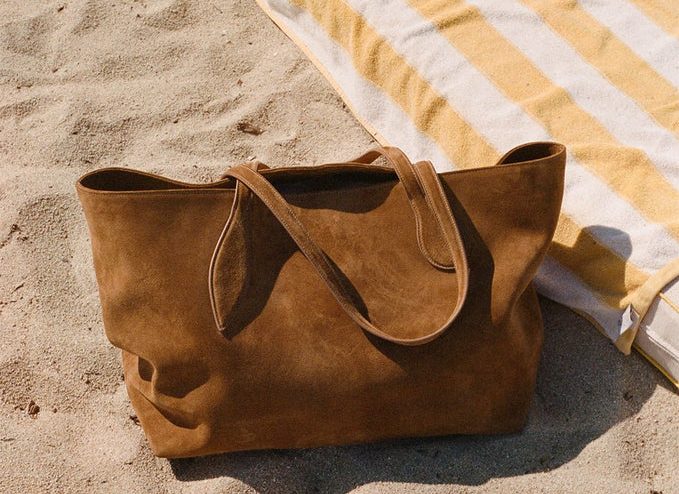
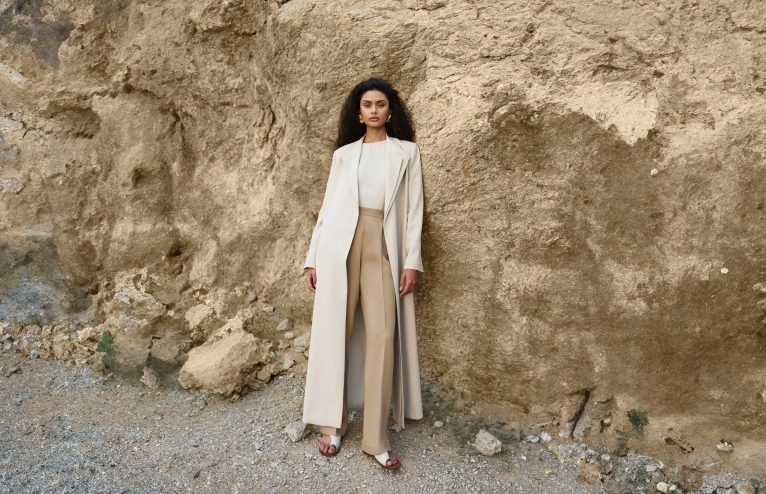
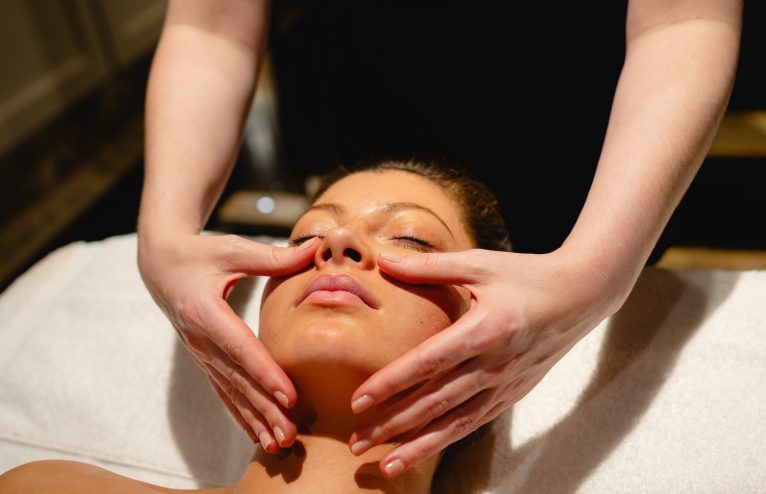
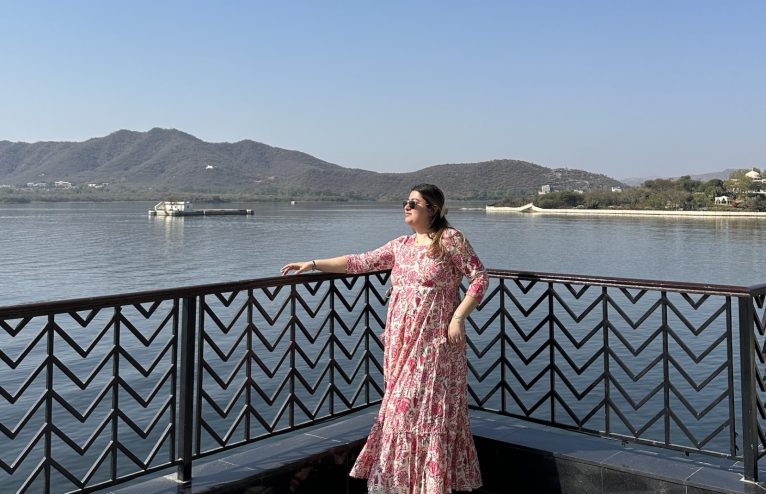
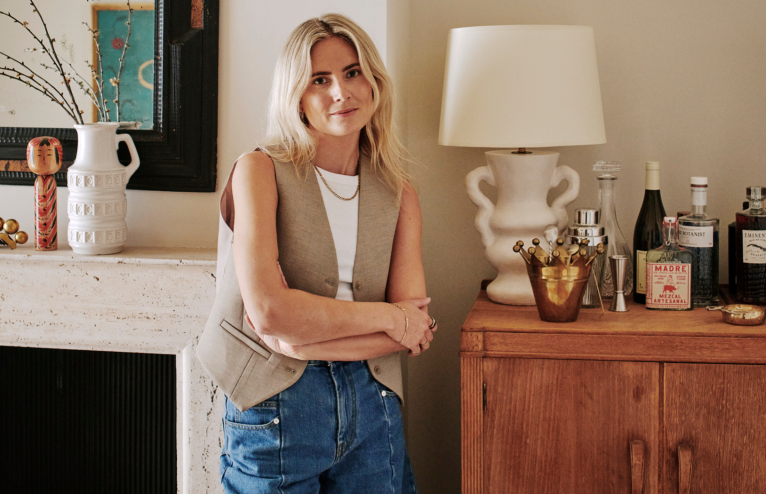
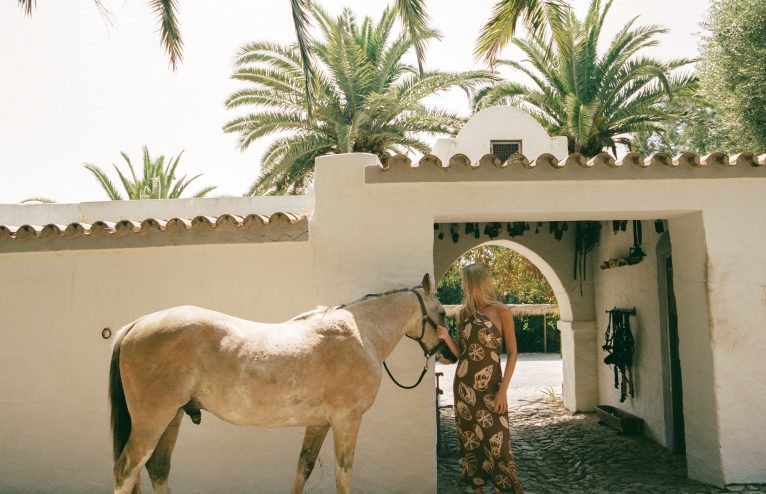
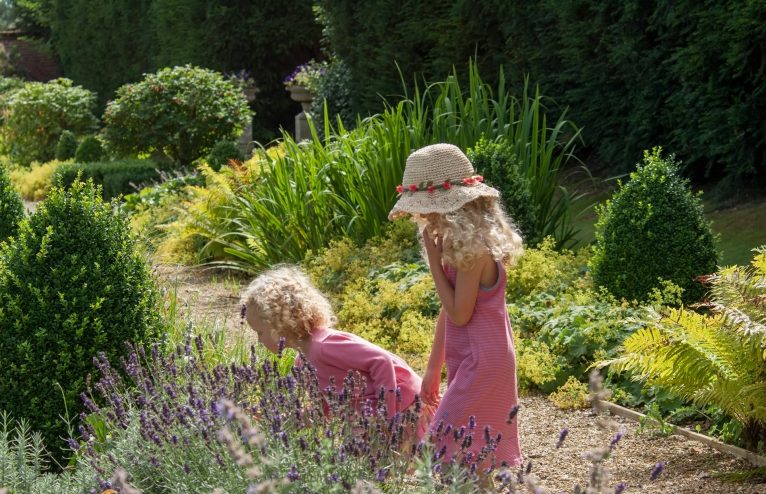
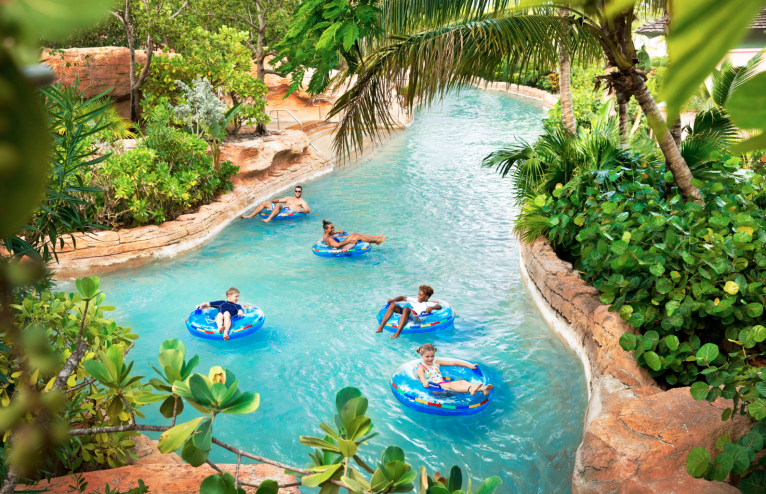

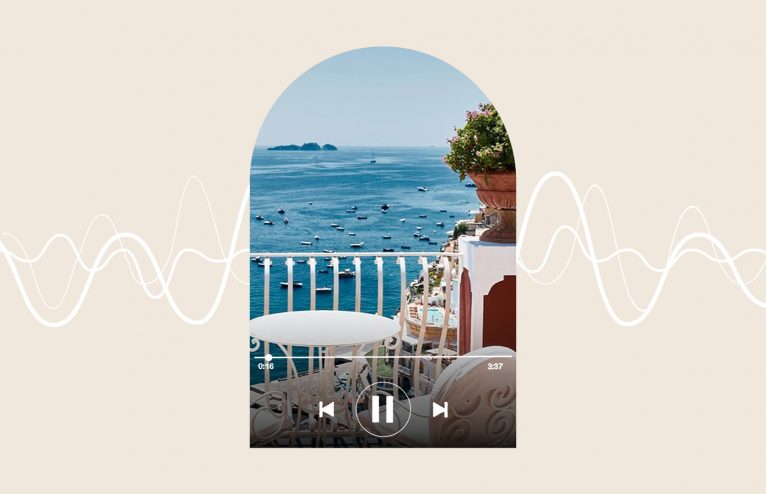
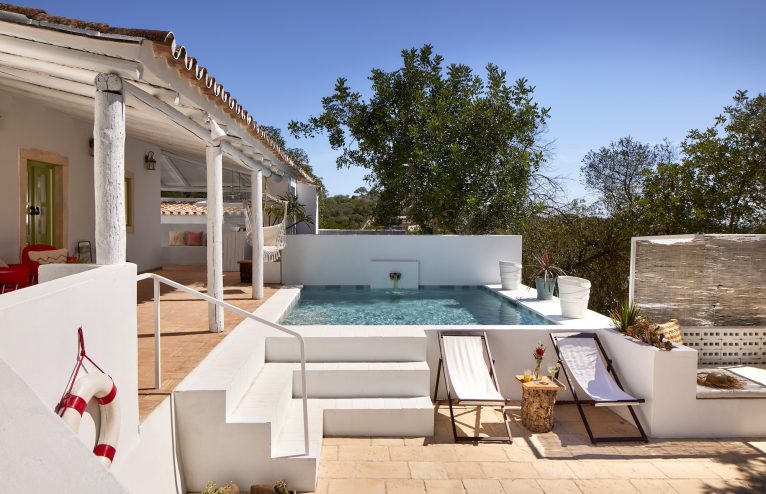
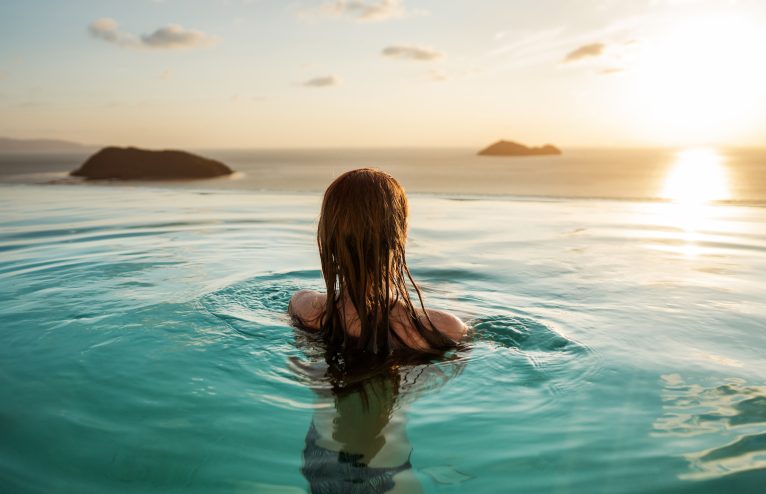

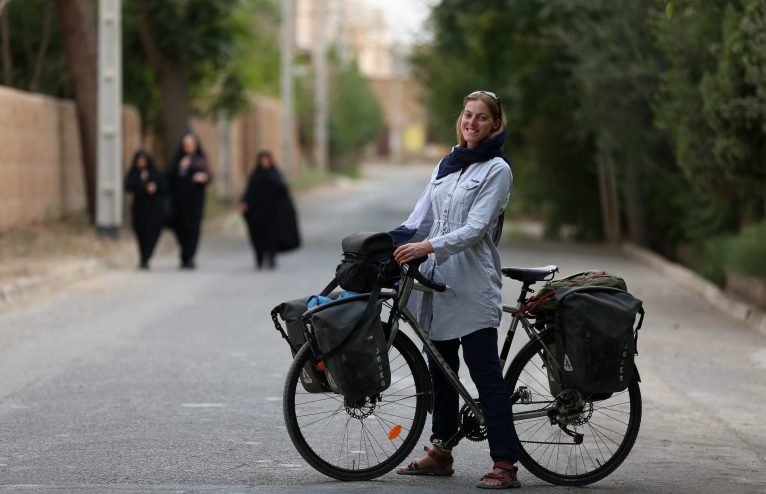
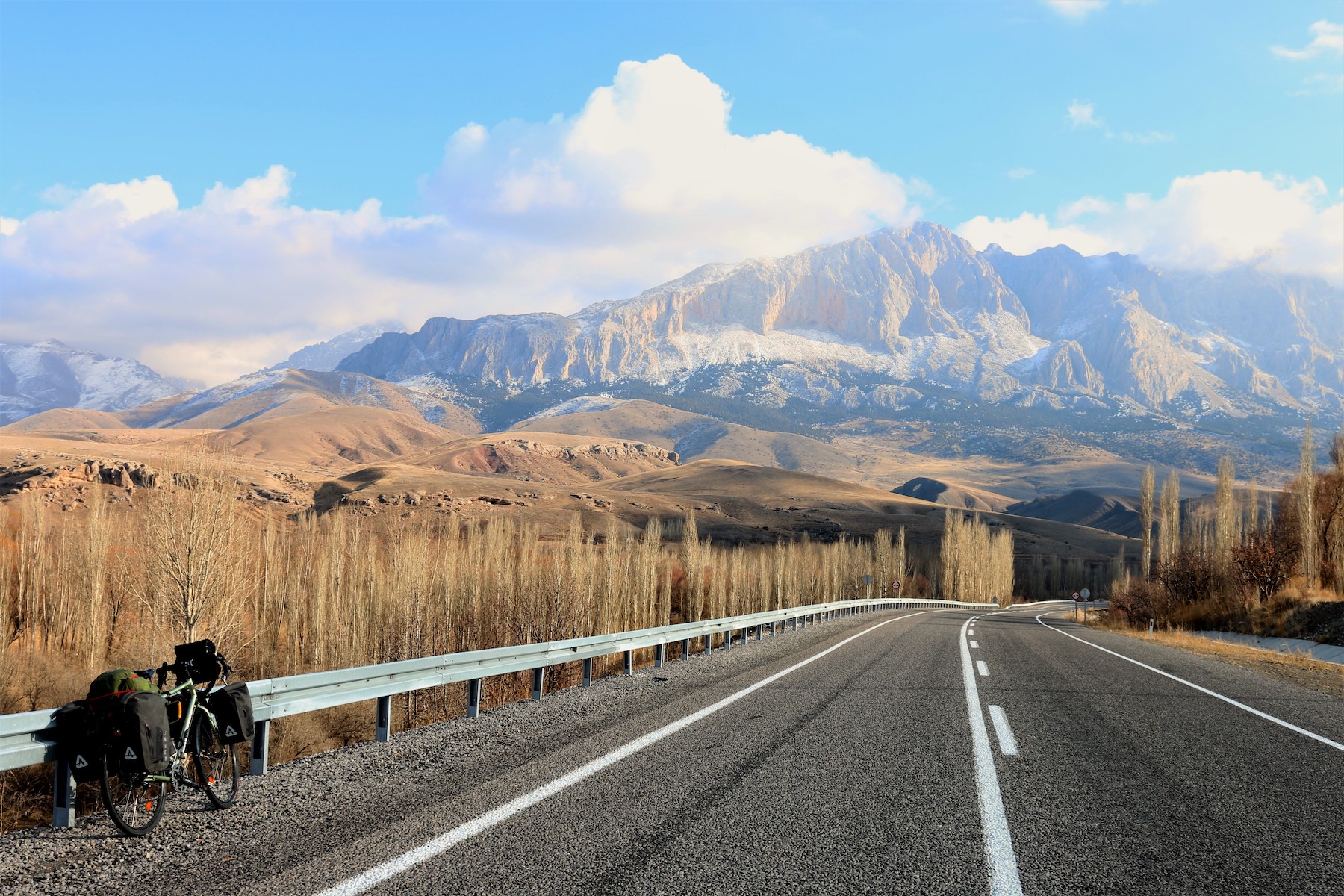
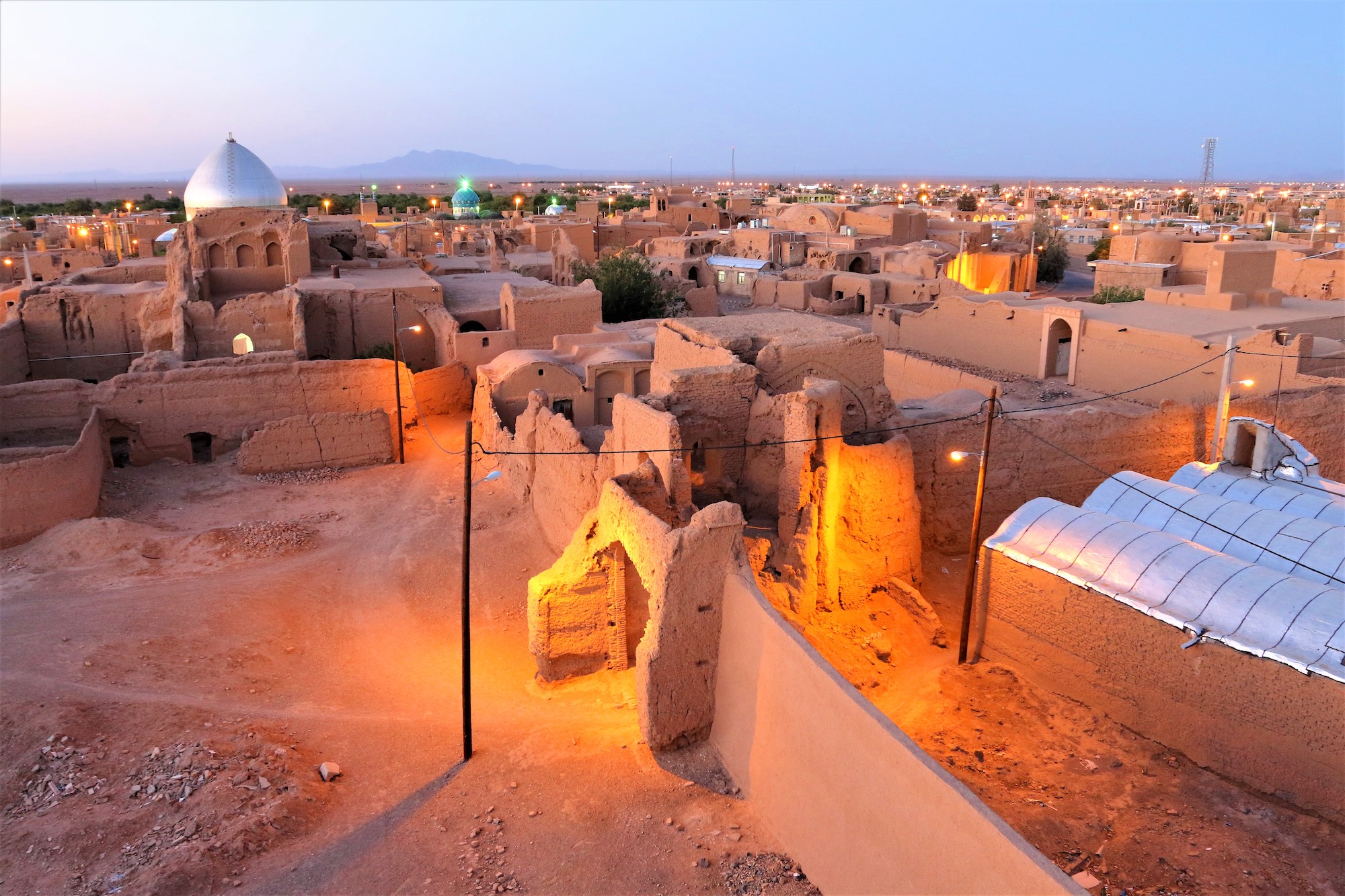
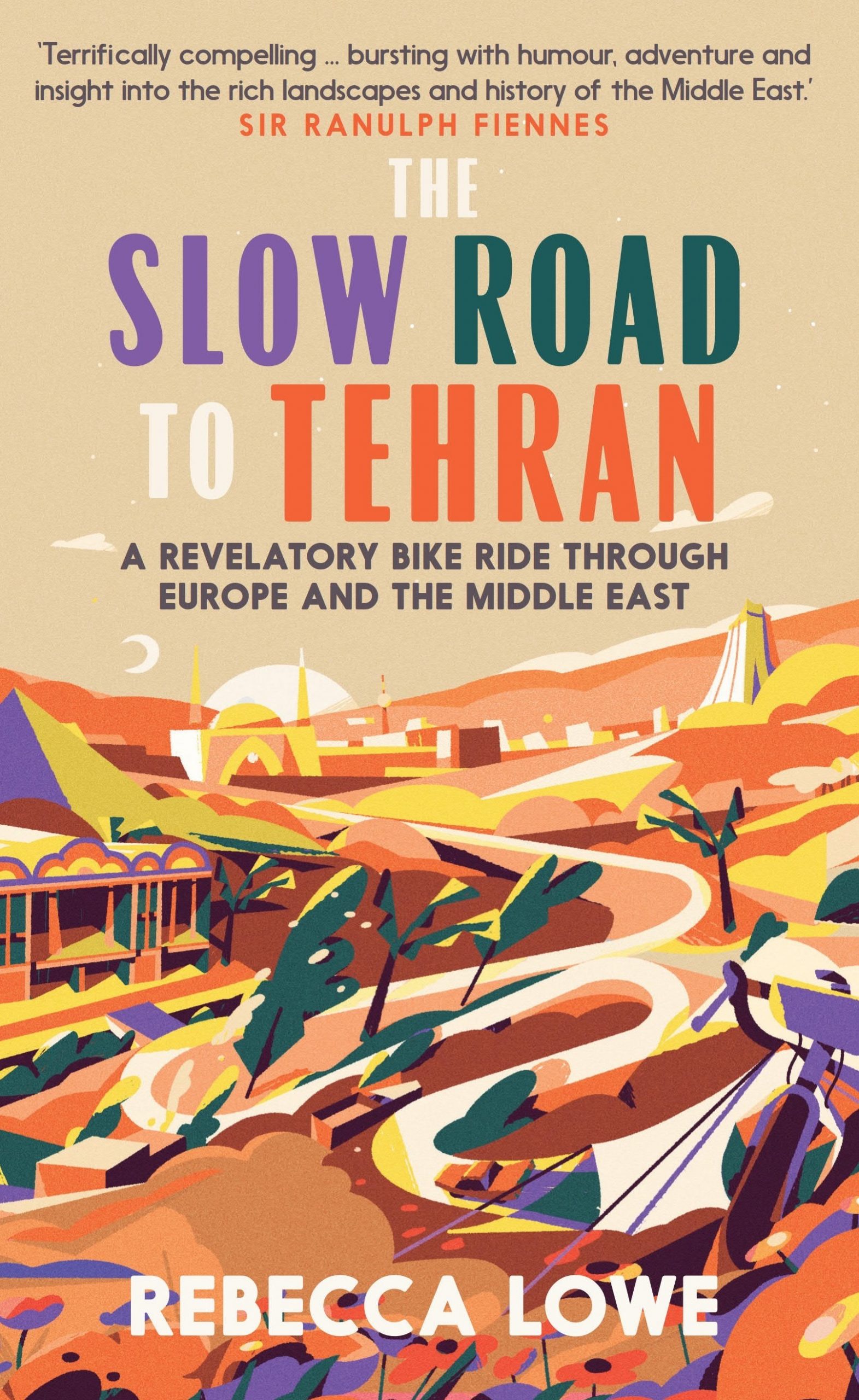
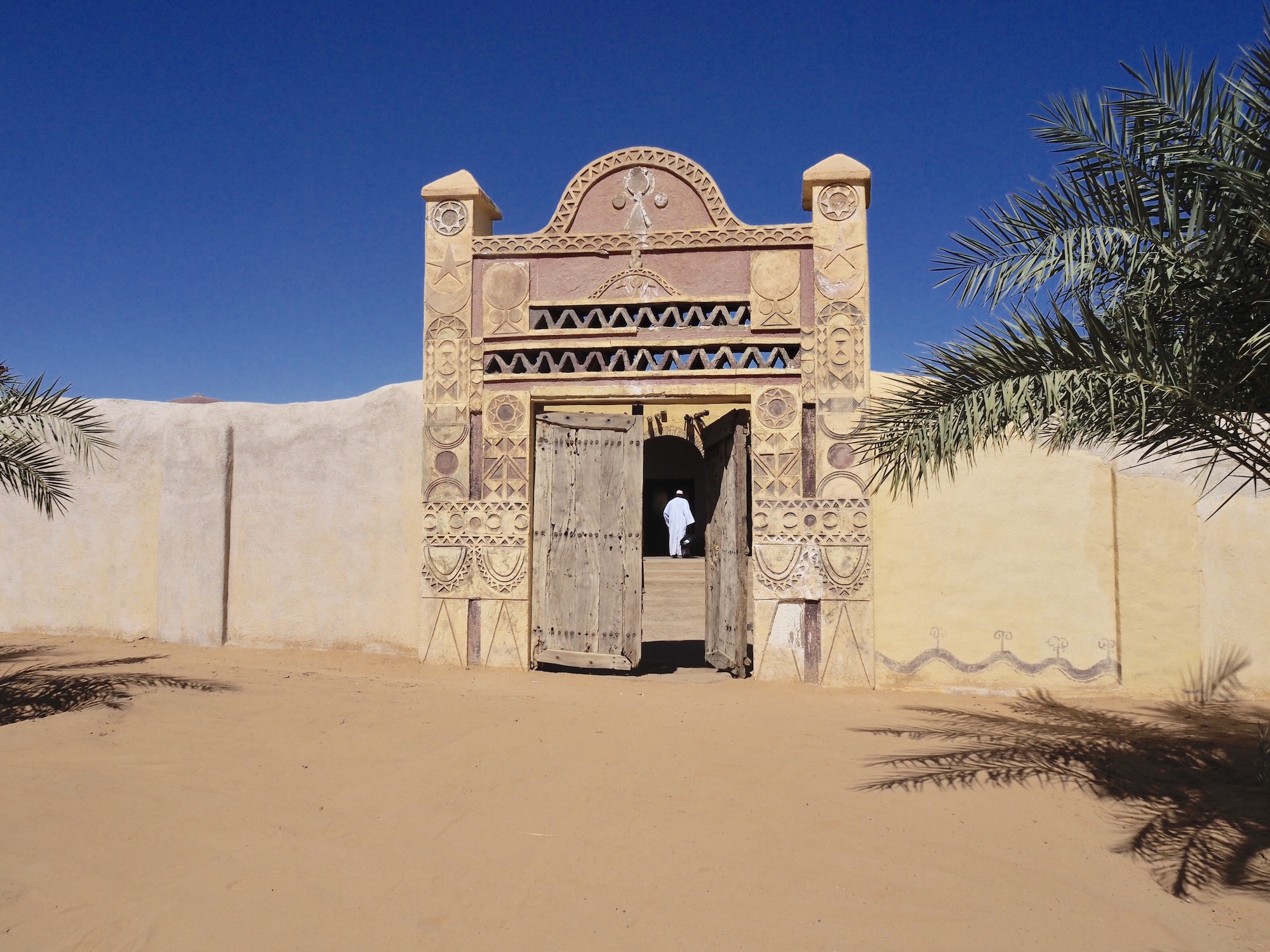
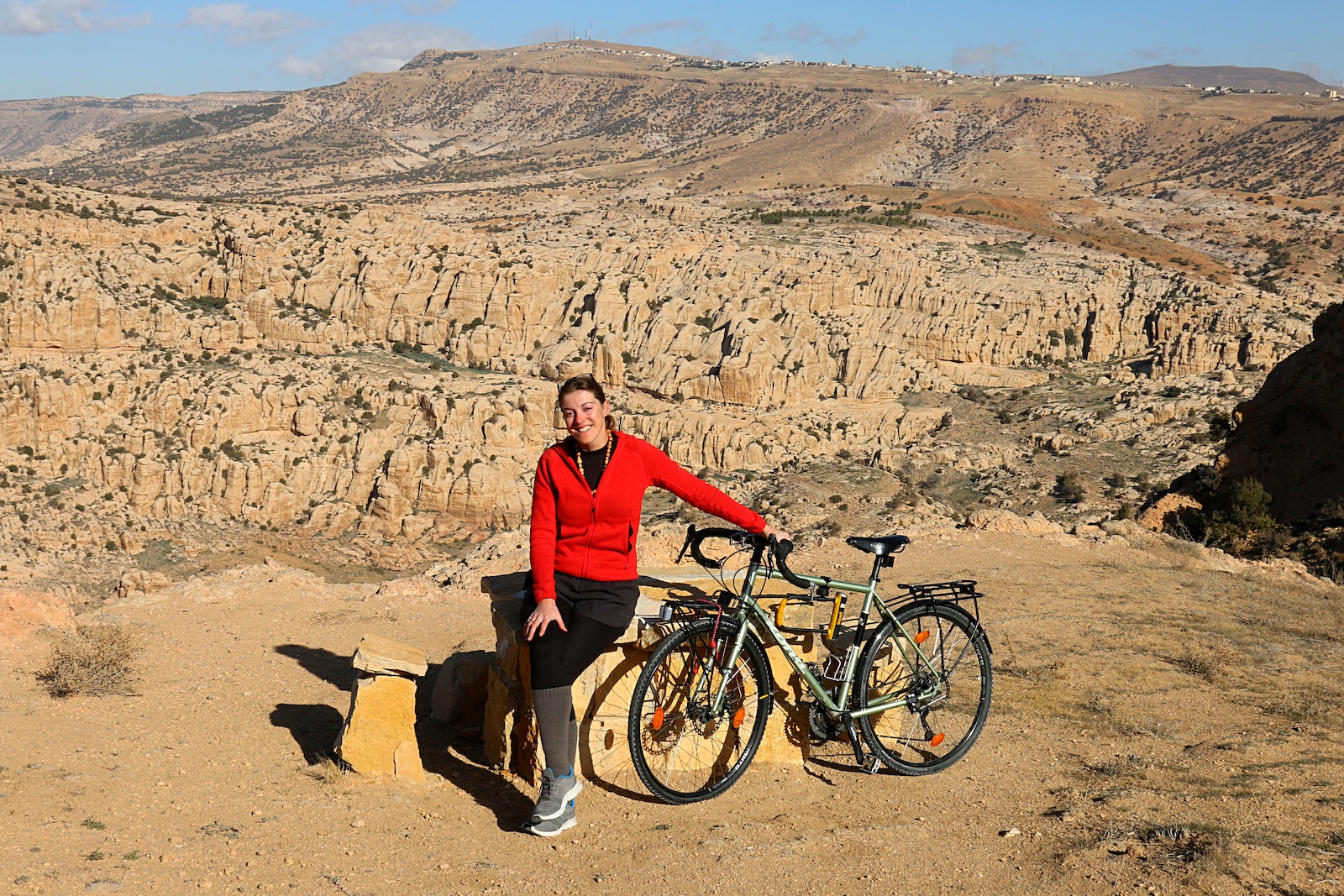
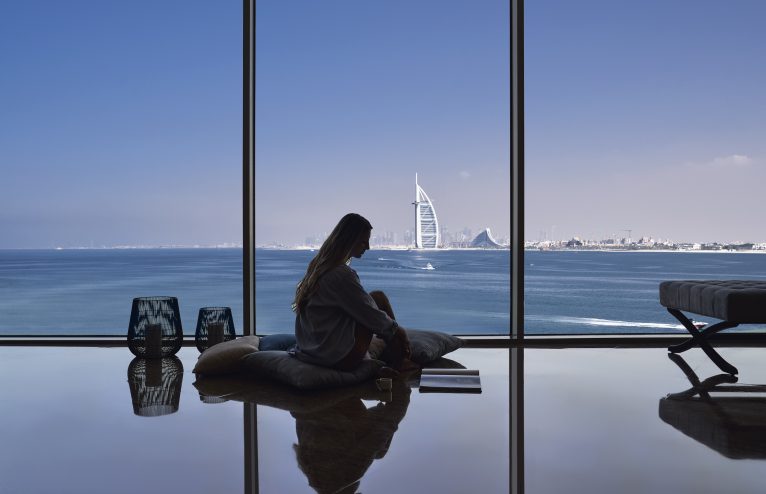
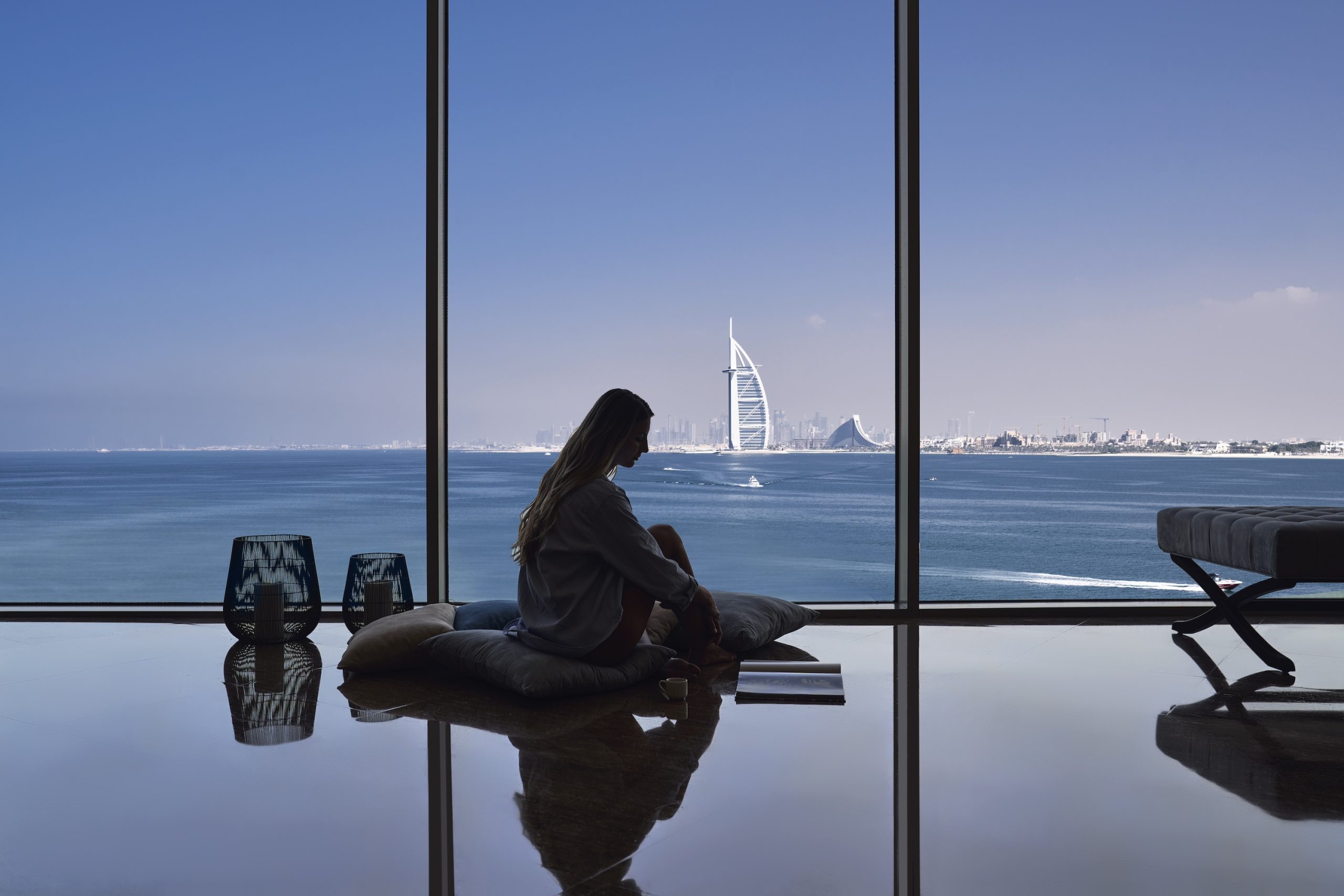



Any Questions or Tips to add?